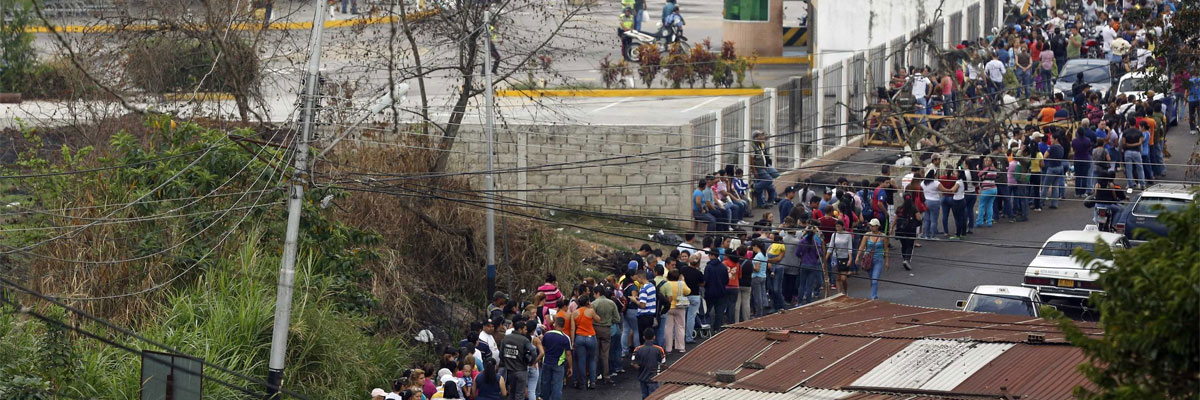You cannot legislate the poor into freedom by legislating the wealthy out of freedom. What one person receives without working for, another person must work for without receiving. The government cannot give to anybody anything that the government does not first take from somebody else. When half of the people get the idea that they do not have to work because the other half is going to take care of them, and when the other half gets the idea that it does no good to work because somebody else is going to get what they work for, that my dear friend, is about the end of any nation. You cannot multiply wealth by dividing it.
According to the contributors of the Adrian Rogers Wikipedia article, this quote is often attributed to Adrian Rogers, né 1931. He gave this statement in a sermon repeating American anti-Communist propaganda prevalent in the 1960s. Digging deeper in the Wikipedia chain shows that the quote is from “far-right” Gerald Smith.
Regardless of the quote’s origins and the labels Wikipedia authors are using on who uttered the quote first, the actual content of the quote has rational merit and should be discussed.
You cannot legislate the poor into freedom by legislating the wealthy out of freedom. What one person receives without working for, another person must work for without receiving.
Stated in other terms: money doesn’t grow from trees!
Money and wealth are simply placeholders for units of production. Wealth can’t be produced from nothing — at some point in time resources were spent to create wealth. This may be in the form of human capital (time and labor) combined with accumulated resources (raw materials and savings). Wealth can be transferred, and it can be stolen, but it can’t be created out of thin air.
The government cannot give to anybody anything that the government does not first take from somebody else.
Traditionally, welfare transfers were done at a community level. With one degree of separation between the needy and the charitable, wealth transfers were reciprocated with gratitude. It placed direct social pressure on the receiver to not be wholly dependent on such handouts for life if they have the means to avoid it. It equally places social pressure on the givers to not be heartless within their community by not supporting those that cannot avoid their unfortunate circumstances.
With the government acting as a middle man through taxation and redistribution (of which it keeps a large “processing fee”), there no longer is an exchange of gratitude. Instead, it is replaced with a sense of entitlement. The stigma of welfare dependency is invisible due to the added degree of separation between the giver and the receiver.
The anonymity of receivers incentivizes more taking. The compelled payment of taxes at gunpoint on givers combined with anonymized recipients incentivizes less giving. Taxpayers don’t know how much of their production is being allocated to government “commission”, to actual needy citizens, or to anonymous receivers taking advantage of the system.
When half of the people get the idea that they do not have to work because the other half is going to take care of them, and when the other half gets the idea that it does no good to work because somebody else is going to get what they work for, that my dear friend, is about the end of any nation.
Increased government intervention leads to the prisoners dilemma: if the givers (taxpayers) stop producing, then the whole nation will suffer as a result. However, the incentive to work is continually dropping if progressively more is being taken away.
The tipping point is reached when remaining givers can no longer work hard enough to produce a sufficient amount of tax revenue to meet the progressively increasing demand of socialist redistribution.
It should be evident how increased socialist policy either leads to a great depression or communism. When the tipping point is reached, a fiscally responsible nation will take austere measures, usually resulting in a depression. Austerity will slowly resolve the debt taken to finance the previous expensive policies, while simultaneously cutting as much of these expensive policies as possible. It is a period of hardship to make up for years of exuberance.
The other outcome, communism, is to take taxation to the next step. Rather than forcing the givers to give up their fruits of labor for redistribution, the government instead acquires the means of production, forcing workers to produce at the threat of gunpoint.
You cannot multiply wealth by dividing it.
This is probably the sentence I disagree with the most. You could multiply wealth if divided in the traditional, communal sense, that is without government intervention. Most businesses require outside capital investment to thrive, which in reality is dividing previously accumulated wealth from its investors.
I suppose though that the original author of this quote just wanted to end with a catchy slogan.
* * *
If you like this content, be sure to leave a comment, share and bookmark this site. Subscribe to the RSS feed, consider a donation, and support my other work.





Very clear explanation of the economic process, giving to the poor; and where it can gi astray. As well as fair attribution of the quotes. Thank you.
Clearly explained, thank you for sharing on your wisdom origin of taxation understood and the anonymous who take advantage of the system.
I like your take on it, I like the original quotes. I feel it applies more to the Canadian economy than the US economy. My take on the original quotes are reason not to over implement the temptation of over taxation to solve the countries and in the case of Adrian Rogers quoting these, the ministries problems of how to be socially accountable to those in need. If you break the wealth up too far there will be a little for all and not enough to run the ship that creates the funds. Being a Canadian that moved to the USA due to what I perceived as the over taxation for to little benefit, I prefer the balance the US has met and believe the statements are meant to temper giving and an attempt to keep a balanced society and ministry in his case. I want to fix the worlds problems and feed every person collecting at every corner, but alone I can’t, I don’t have the wealth. And if no one has the wealth, no one can.